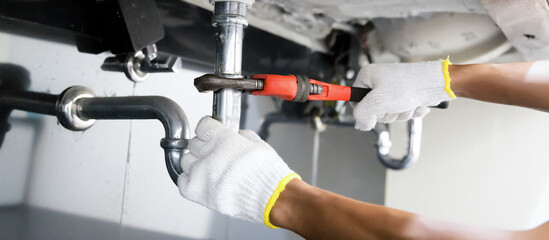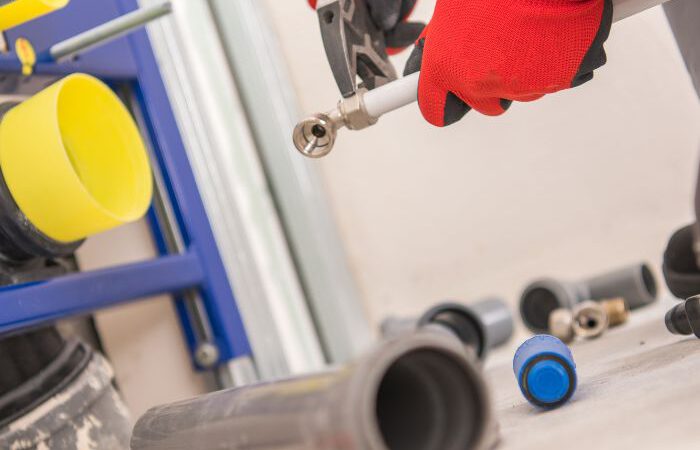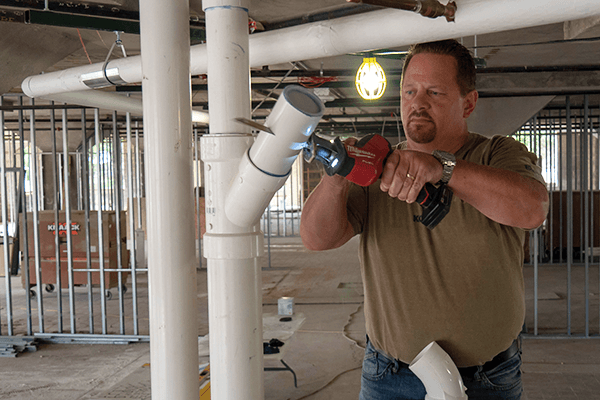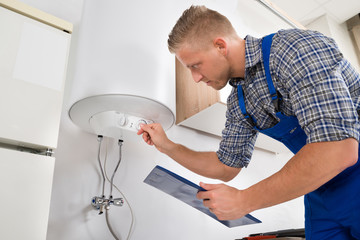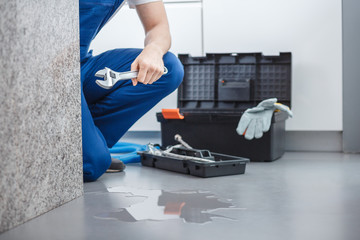Factors to Consider When Looking for a Hot Water Heater Replacement
When it comes to hot water heater replacement there are a number of factors to consider. For starters, you should consider the cost of the project. You should also consider the energy efficiency of tankless water heaters, as well as the requirements for installing a tankless heater. After all, you want to save money while maximizing the utility of your home.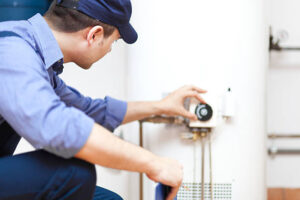
Replacing a hot water heater can be costly. It’s important to consider the factors that determine the cost. A good plumber can tell you whether the heater can be repaired or needs to be replaced. Depending on the problem, it may not be possible to fix the problem without replacing the entire unit.
One part of a water heater that requires replacement is the dip tube. This tube transfers cool water from the top of the tank to the bottom of the heater. It can become worn out or spring a leak, reducing the water temperature. Replacing a dip tube can cost less than $100. Another small part of a heater is the pressure valve. Replacing this valve can cost anywhere from $20 to $200.
Converting a water heater from gas to electricity can be costly as well. If you need to install a gas line, this may add another $100 to $200 to the cost. In addition, you’ll have to pay for a plumber and an electrician to install the gas and electrical wiring.
Labor costs vary depending on the size of the water heater and location. Labor costs for installing a water heater can range from $150 to $1,200, while installation costs for a tankless system can be up to $2,600. Depending on the size of the tank, a water heater can last for 10 to 15 years.
Some homeowners choose an electric water heater, which is less expensive to install and operate. They may opt for an electric heater because it is easier to install and less likely to lose heat. Purchasing a tank insulation blanket can save an additional $20 to $50, and utility companies may offer rebates if you opt to purchase an energy-efficient model.
If you’re hiring a professional plumber, you’ll want to make sure that the heater is installed correctly and complies with building codes. Hiring a professional plumber is a safer option than doing the work yourself. This way, you’ll avoid any potential hazards that may arise while working with electrical and gas lines. A typical installation takes two to three hours.
The cost of installing a tankless water heater can vary greatly. The actual price will depend on your particular installation requirements and the size of the unit you want. It also depends on how much electrical work is required, structural changes, and gas line installation. You should ask for a tankless water heater installation quote to get an idea of what to expect.
Tankless water heaters use less gas overall, but they require more gas during the first few firings. If you have an existing gas line in your home, you may be able to use the same one. Otherwise, you will have to install a new gas line. Installing a tankless water heater also requires patching into your water system and running a gas line. You’ll also need to consider the type of fuel you want to use. There are some fuels that have lower installation costs than others.
Installing a tankless water heater isn’t as expensive as you might think. The cost is often less than $1,000, but if you’re looking for an environmentally friendly option, you might want to look for a natural gas unit instead. They don’t have any harmful emissions, so they’re good for the environment. In addition, you won’t have to worry about the smell when the unit is running.
The cost of installing a tankless water heater varies depending on the type of fuel you choose and the brand. You should also take into account the cost of permits. Some states require a permit for the installation of a tankless water heater if the new system is outside of the home. The plumber will factor the cost into the estimate for the installation. You should always check the local building codes before making a decision.
When choosing a tankless water heater, make sure that you know exactly how much hot water your home needs. You can choose a single-point unit that is close to the source of water or a whole-house unit that provides hot water to every faucet in the house. Single-point units cost less than whole house units, but they cost more to install.

